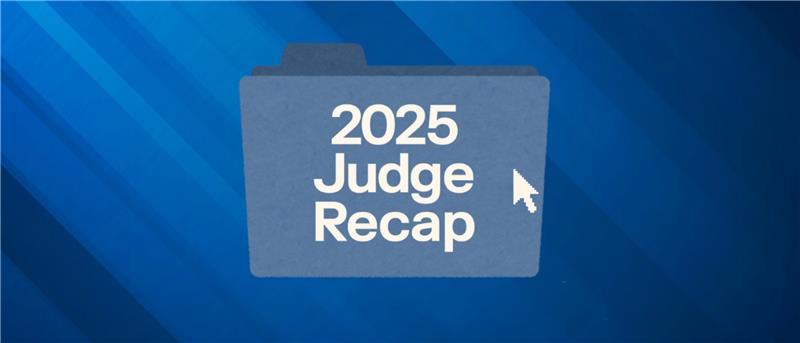Resources

518 results
January 6, 2026
Finding Your Best-Fit Nurse Practitioner Role: How to Map Your Career Across Primary Care, Urgent Care, and Fast-Growing Specialties
Many nurse practitioners (NPs) know they’re ready for a change, but not necessarily which direction to take. The work matters, the patients matter, but there’s something in the day-to-day that no longer fits. That’s usually the moment NPs start looking beyond their current setting and consider what a different environment…
Read Blog about Finding Your Best-Fit Nurse Practitioner Role: How to Map Your Career Across Primary Care, Urgent Care, and Fast-Growing SpecialtiesJanuary 5, 2026
How to Break Into Higher-Level Coding Roles
Most coders start out in outpatient settings, where the pace, structure, and encounter types create a strong base for long-term growth. It’s steady work that helps you build confidence and fluency. At a certain point, though, many coders begin looking for…
Read Blog about How to Break Into Higher-Level Coding RolesDecember 30, 2025
Looking Back: The Judge Group's 2025
2025, you were a blast! We've wrapped the highlights into one recap — big moments, great people, and plenty to celebrate. Watch our 2025 Year‑End Video and relive the best parts with us.
Watch Video about Looking Back: The Judge Group's 2025December 17, 2025
The Reconciliation Arms Race (And How to Win It)
Reconciliation tends to stay out of sight when it’s working. Most teams don’t give it much thought. That changes quickly when cracks appear. Month-end closes slip past deadlines, leaders make decisions using outdated cash positions, and audit scrutiny intensifies. A finance team that…
Read Blog about The Reconciliation Arms Race (And How to Win It)December 16, 2025
Inside the Core-Flex Model That’s Changing How Teams Deliver
For years, managed capacity was synonymous with pods: small, cross-functional teams assembled to build or maintain a product. But today’s enterprise environment demands more than a fixed team structure. Organizations need durability when demand dips, elasticity when it surges, and seamless continuity…
Read Blog about Inside the Core-Flex Model That’s Changing How Teams DeliverDecember 9, 2025
Stop Collecting Tools; Start Solving Problems: An Enterprise Guide to Value Engineering
For the last 18 months, enterprise technology teams have been caught in a familiar cycle—only this time, it’s moving faster than ever. Every week, a new vendor promises an AI-powered shortcut to efficiency, accuracy, or cost savings. Every team inside the enterprise,…
Read Blog about Stop Collecting Tools; Start Solving Problems: An Enterprise Guide to Value EngineeringDecember 8, 2025
Modernizing a Complex Mobile Application to Overcome User Experience and Content Gap Challenges
A leading provider of psychological assessment tools needed to modernize and improve their mobile application amid growing technical bugs and user experience issues that were causing poor customer satisfaction and declining engagement.
Read Case Study about Modernizing a Complex Mobile Application to Overcome User Experience and Content Gap ChallengesNovember 24, 2025
Thanksgiving Leftovers – What to Do with Your Unused Learning & Development Budget
Thanksgiving is right around the corner, which means not only are some people looking for new and inventive recipes for that day, but they’re also wondering what to do with the leftovers once family and friends are gone. …
Read Blog about Thanksgiving Leftovers – What to Do with Your Unused Learning & Development BudgetNovember 4, 2025
The New Motivators: How Culture and Flexibility Shape Creative Careers
The creative workforce looks very different today than it did just a few years ago. Compensation still matters, but it’s no longer the most important deciding factor. What really drives creative and marketing professionals now is the ability to…
Read Blog about The New Motivators: How Culture and Flexibility Shape Creative CareersOctober 29, 2025
From Service to Systems — How Judge Helped Veterans Power a Financial Institution’s Mainframe Revival
The Challenge: A Shrinking Talent Pool and Overlooked Potential The financial institution’s Consumer Technology division faced a growing crisis: the aging out of Mainframe programmers and a lack of new talent to maintain legacy systems essential to daily banking operations.
Read Case Study about From Service to Systems — How Judge Helped Veterans Power a Financial Institution’s Mainframe Revival









